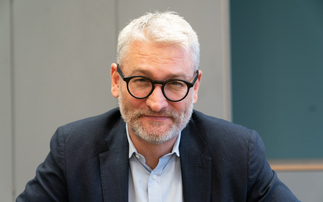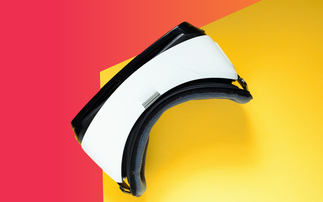Sovereign wealth funds are slowly putting their $4trn to work in new asset classes, as Emma Cusworth reports
As Sovereign Wealth Funds’ (SWFs) global assets continue to surge, so does their influence. Following the financial crisis, many are reviewing asset allocation and investment policies, which are keenly watched by the broader market. Driven by a growing focus on yield and risk management, leveraging their ability to benefit from illiquidity is increasingly popular.
SWFs’ aggregate assets currently total nearly $4trn, an 11% increase on 2010 (30% since 2008), according to Preqin, a leading alternatives intelligence source.
Despite tremendous growth, SWFs have not been immune to the crisis as markets tumbled, contributions fell and governments withdrew money to cover fiscal shortfalls.
Withdrawals from Russia’s Reserve Fund (RRF), already halved during 2009, saw another 60% drop in total assets during 2010 to $25.4bn. RRF is currently 100% invested in bonds and is set to continue focussing on capital preservation with the aim of achieving stable long-term returns. Its future may be in some doubt, however, as the Russian Government has announced plans to create another SWF bringing together public funds and foreign investment to co-invest in modernisation projects such as infrastructure.
Chilean withdrawal
Chile’s Economic & Social Stabilisation Fund saw $9.3bn in withdrawals during 2010 lowering assets to $12.7bn and heightening the need for liquidity in the fund, which is 100% invested in bonds. While there are no current plans to invest in equities, a review is under way with the results expected in July 2011. Meanwhile, contributions to Chile’s $3.8bn Pension Reserve Fund fell. The PRF is currently 100% invested in bonds, but is expected to implement a new strategy in the second half of 2011, which will see it invest 20% of assets in corporate bonds globally and build a 15% allocation to equities.
Despite significant recovery in 2009, SWFs face new challenges. Driven by historically low bond yields, doubts over European sovereign debt and the increased focus on preserving capital, they are diversifying across higher-yielding and uncorrelated asset classes to achieve target returns.
As Natalie Wu, spokeswoman of the Hong Kong Monetary Authority explained regarding the Exchange Fund: “We will explore, in a cautious manner, opportunities for diversification of investments for better risk management and yield-enhancement purposes. The Exchange Fund has started investing a small portion of assets in some of these yield-enhancement assets including private equity, emerging-market bonds and equities, and overseas investment property in a cautious and incremental manner.” The Exchange Fund has $293bn in assets with 17% invested in equities, 72.7% in debt and 10.2% in other asset classes.
Norwegian investment
Established in 1990, Norway’s $531bn Government Pension Fund Global (GPFG), the second largest SWF globally, initially invested 100% in fixed income and has been gradually diversifying across different geographies and risk levels in fixed income and equities.






